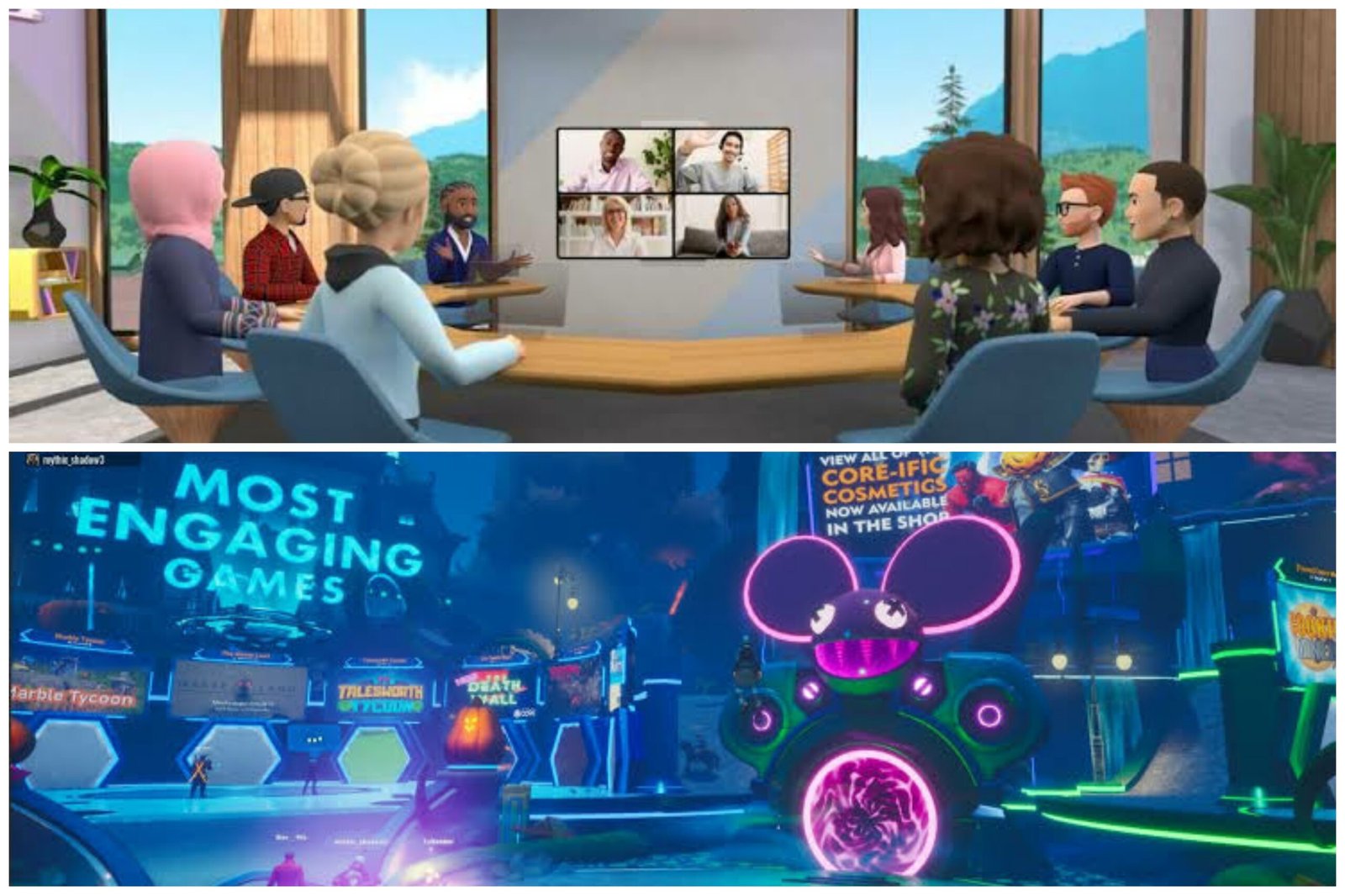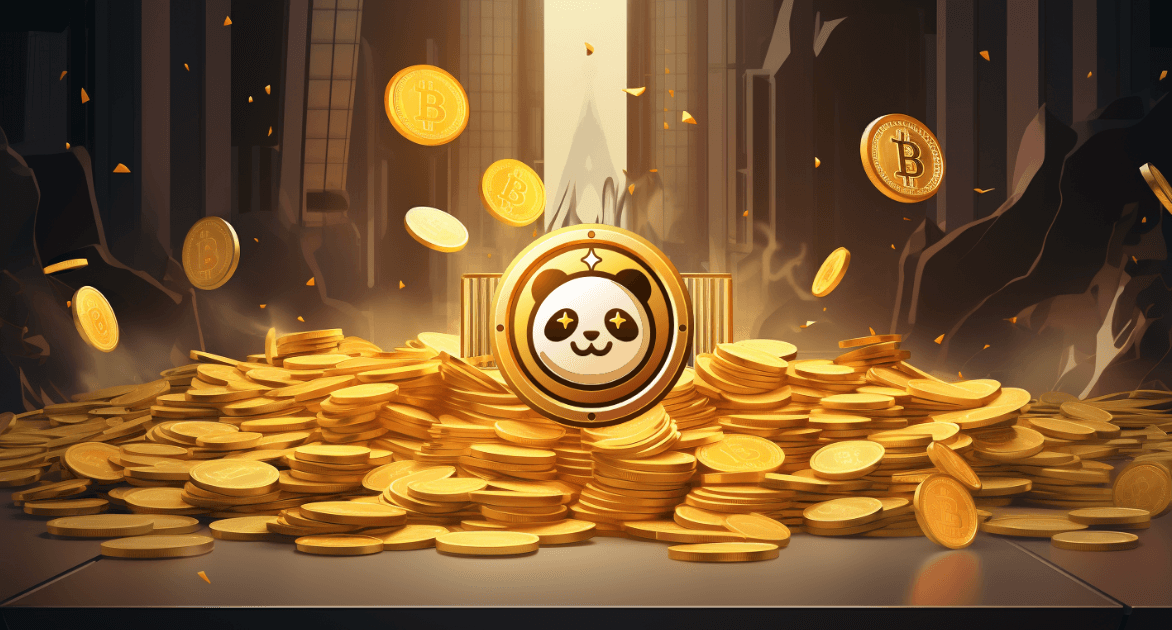The concept of the metaverse has garnered significant attention in recent years, becoming a hot topic in tech and popular culture discussions. While the idea of a metaverse may seem like science fiction, it is a rapidly evolving and transformative concept that has the potential to reshape the way we interact with digital spaces and each other. In this article, we will explore what the metaverse is, its history, current developments, and the potential it holds for the future.
Defining the Metaverse
The term “metaverse” is derived from “meta-” meaning beyond or transcending, and “universe,” referring to a vast, interconnected digital space. The metaverse is essentially a collective virtual shared space where users can interact with one another and digital entities, create and manipulate digital objects, and engage in various forms of experiences, activities, and commerce. It is often described as a convergence of physical and virtual reality.
The concept of the metaverse was popularized by science fiction, most notably by Neal Stephenson’s 1992 novel “Snow Crash” and later by Ernest Cline’s 2011 novel “Ready Player One.” These works imagined expansive virtual worlds where people could live, work, and play, each containing its own rules and ecosystems.
Key Elements of the Metaverse
- Interconnected Virtual Worlds: The metaverse is not a singular entity but rather a network of interconnected digital spaces or worlds. These worlds can be distinct or seamlessly connected, and users can transition between them.
- User-Generated Content: A defining feature of the metaverse is the ability for users to create and modify content. This includes designing virtual environments, digital objects, and avatars. User-generated content is central to the participatory nature of the metaverse.
- Real-Time Interaction: The metaverse facilitates real-time interaction among users. People can communicate, collaborate, or compete with others, often represented by avatars or digital personas, making it a highly social experience.
- Economy and Commerce: Virtual worlds within the metaverse can have their own economies, with digital assets and currencies. This enables virtual commerce, such as buying and selling virtual goods, services, and even real estate.
Current Developments
As of my last knowledge update in September 2021, several companies and platforms were actively working on creating the metaverse, and developments have likely accelerated since then. Some notable developments and initiatives include:
- Facebook (now Meta): In October 2021, Facebook was rebranded as Meta, with a stated mission to develop the metaverse. Meta is heavily investing in virtual reality (VR) technologies, including the Oculus VR headsets and the creation of Horizon Workrooms, a virtual office space.
- Decentralized Metaverse: Blockchain technology and non-fungible tokens (NFTs) have gained traction in the creation of decentralized metaverse platforms. Crypto-based virtual worlds like Decentraland and The Sandbox allow users to buy, sell, and build on blockchain-backed virtual land.
- Gaming Platforms: Many multiplayer online games, such as Fortnite and Roblox, have incorporated metaverse elements, allowing users to create and experience virtual worlds within their ecosystems.
- Open Standards: Efforts are underway to establish open standards for the metaverse to ensure interoperability between various platforms, promoting inclusivity and allowing users to traverse between different metaverse spaces seamlessly.
Future of the Metaverse
The metaverse has the potential to transform various aspects of our lives:
- Social Interaction: The metaverse could redefine how we socialize and interact with friends, family, and colleagues, offering immersive and highly customizable communication experiences.
- Work and Education: Virtual workplaces and educational environments within the metaverse may change the way we collaborate and learn, providing more immersive and flexible options.
- Entertainment and Media: The entertainment industry will see a shift towards interactive and participatory experiences in virtual spaces, from gaming to virtual concerts and theater.
- Economy and Commerce: Virtual economies and markets within the metaverse could enable new forms of income, entrepreneurship, and investment opportunities.
- Art and Creativity: Artists and creators will find new avenues for expression, distribution, and monetization of digital content.
Conclusion
The metaverse represents an exciting and rapidly evolving digital frontier that holds tremendous promise for the future. As technology advances, the lines between the physical and virtual worlds are becoming increasingly blurred, and the metaverse is poised to play a central role in this transformation. It is important to note that as this concept develops, ethical, privacy, and security considerations will also be critical in shaping its evolution. The metaverse is a thrilling prospect, offering new opportunities for connection, creativity, and innovation, but it will also require careful and considerate management to fulfill its potential and avoid potential pitfalls.

